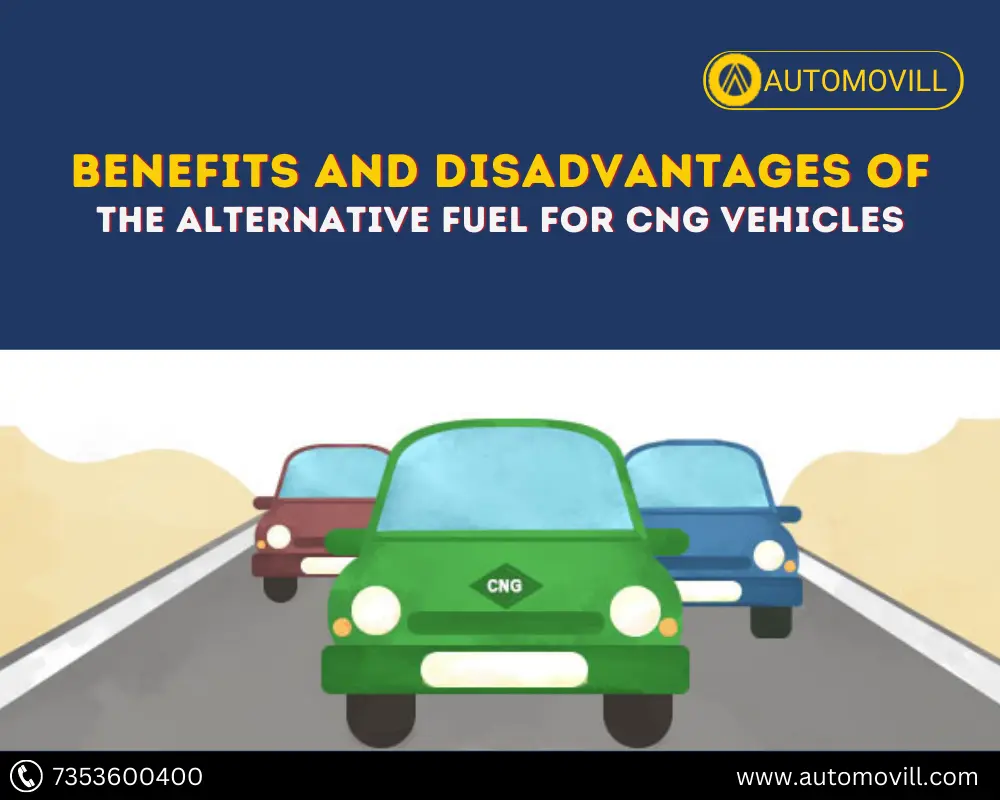
Compressed natural gas (CNG) is a popular alternative fuel for vehicles that are gaining traction due to its environmental and economic benefits. CNG is a clean-burning fuel that produces lower emissions than traditional gasoline or diesel, and it can also be less expensive to use. In this article, we will discuss the benefits and disadvantages of using CNG as an alternative fuel for vehicles.
Advantages of CNG
- Lower Emissions
CNG is a clean-burning fuel that produces fewer emissions than traditional gasoline or diesel. When burned, it produces significantly lower levels of carbon monoxide, nitrogen oxides, and particulate matter. This makes it a more environmentally friendly option for vehicles.
- Cost Savings
CNG is often less expensive than gasoline or diesel, which can result in significant cost savings for drivers and fleet operators. The cost of CNG can vary depending on location and supply, but in many cases, it is considerably cheaper than traditional fuels.
- Energy Security
CNG is domestically produced, which can improve energy security and reduce reliance on foreign oil. This can also reduce the impact of fluctuations in global oil prices.
- Longer Engine Life
CNG burns cleaner than traditional fuels, which can result in less engine wear and longer engine life. This is because CNG produces less carbon build-up, which can reduce engine performance over time.
Disadvantages of CNG
- Limited Range
One of the main disadvantages of CNG vehicles is their limited range. CNG has a lower energy density than gasoline, which means that a CNG vehicle may need to refuel more frequently than a gasoline-powered vehicle. This can be an issue for drivers who need to travel long distances.
- Limited Fuelling Infrastructure
Another disadvantage of CNG vehicles is the limited availability of CNG fuelling stations. While the number of CNG fuelling stations is growing, they are still not as widely available as gasoline stations. This can make it difficult for drivers to find a fuelling station when they need one.
- High Upfront Costs
CNG vehicles can be more expensive than traditional gasoline or diesel vehicles. This is because they require special fuel storage tanks and other equipment to use CNG as fuel. While the cost of CNG vehicles is coming down, the upfront cost can still be a barrier for some drivers.
- Safety Concerns
CNG is a flammable gas, and there are some safety concerns associated with its use as a vehicle fuel. CNG vehicles must be designed and built to strict safety standards, and there are regulations in place to ensure that CNG fueling stations are safe for use.
Conclusion
CNG is a clean-burning and cost-effective alternative fuel for vehicles that offers several benefits over traditional gasoline or diesel. It produces fewer emissions, can save drivers money on fuel costs and can improve energy security.
However, there are some disadvantages to using CNG as a vehicle fuel, including limited range, limited fueling infrastructure, high upfront costs, and safety concerns.
Ultimately, the decision to use CNG as a fuel for vehicles depends on individual needs and preferences, as well as the availability of fueling infrastructure in the area. For drivers who have access to CNG fueling stations and do not need to travel long distances, CNG can be a viable alternative fuel option.
